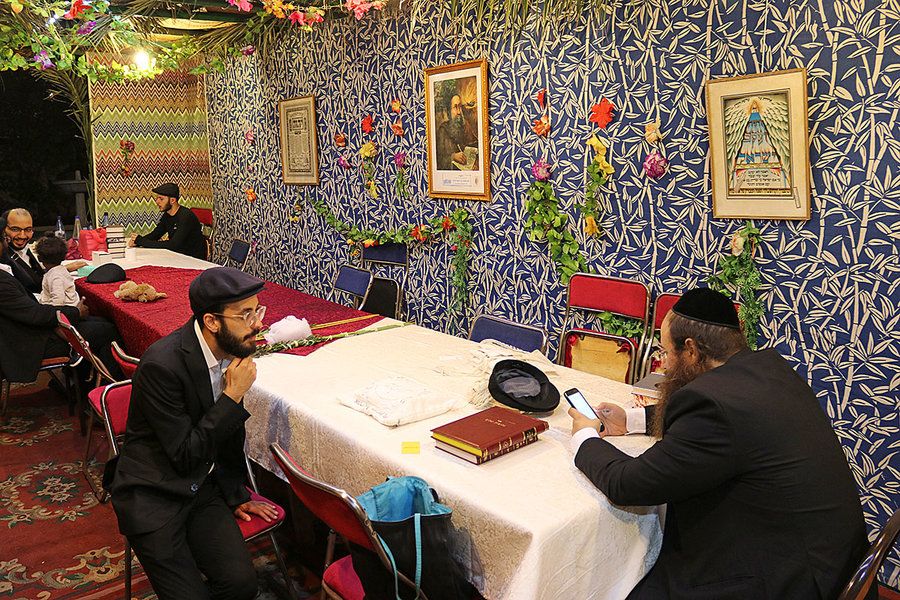
The Christian Science Monitor reports that “after decades of economic migration and geopolitical tensions that reduced North African Jewish communities from hundreds of thousands to a few thousand people, hope is being rekindled in Morocco and Tunisia that as Jews keep the light of their communities alive, so too does the region’s unique model of Muslims and Jews living side by side.”
“We have Jewish life from the cradle to the grave in Morocco,” says Zhor Rehihil, an anthropologist and curator of Casablanca’s Museum of Moroccan Judaism. “Morocco never cut ties with the diaspora even during the Israeli-Arab wars, because they were a part of us, and when they left, for us Moroccans it was as if part of us had left.”
2,000 years ago Jews started arriving after the destruction of Jerusalem’s Second Temple in 70 CE. CSM notes that “a distinct Hebrew culture nevertheless permeates practically every town today: Arabicized Hebrew street names, historic synagogues, Jewish quarters, or maleh, Jewish cemeteries, and Berber and Arab jewelry inspired by Jewish designs.” Of note, today 99% of Morocco is of the Muslim faith.
King Mohammed VI has supported the return of the Moroccan Jewish diaspora and Israeli tourism to the country, and has funded the restoration of 162 ancient Jewish cemeteries and several synagogues across the country. Under Moroccan law, anyone with Moroccan Jewish ancestry can claim citizenship. Morocco’s new constitution states the country “is a sovereign Muslim state — whose unity is nourished and enriched by its African, Andalusian, Jewish, and Mediterranean constituents.”
“Visiting Arabs and Israelis see the atmosphere in the streets — signs in Hebrew, Jewish and Muslim families living together in the same apartment building — and they can hardly believe it,” says Serge Berdugo, secretary-general of the Council of Jewish Communities of Morocco. “But the fact is, it is not a slogan or some dream, it is daily life for us, and that is a model we need to preserve for the world.”



